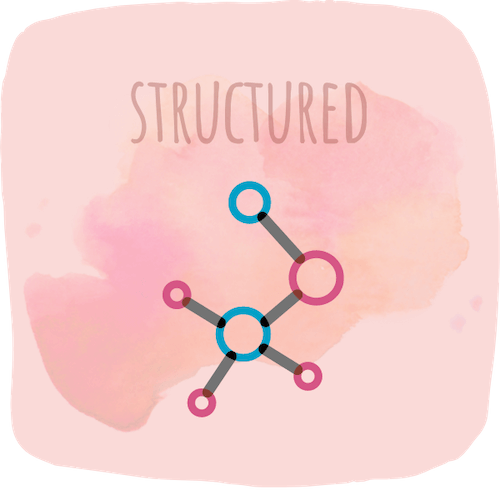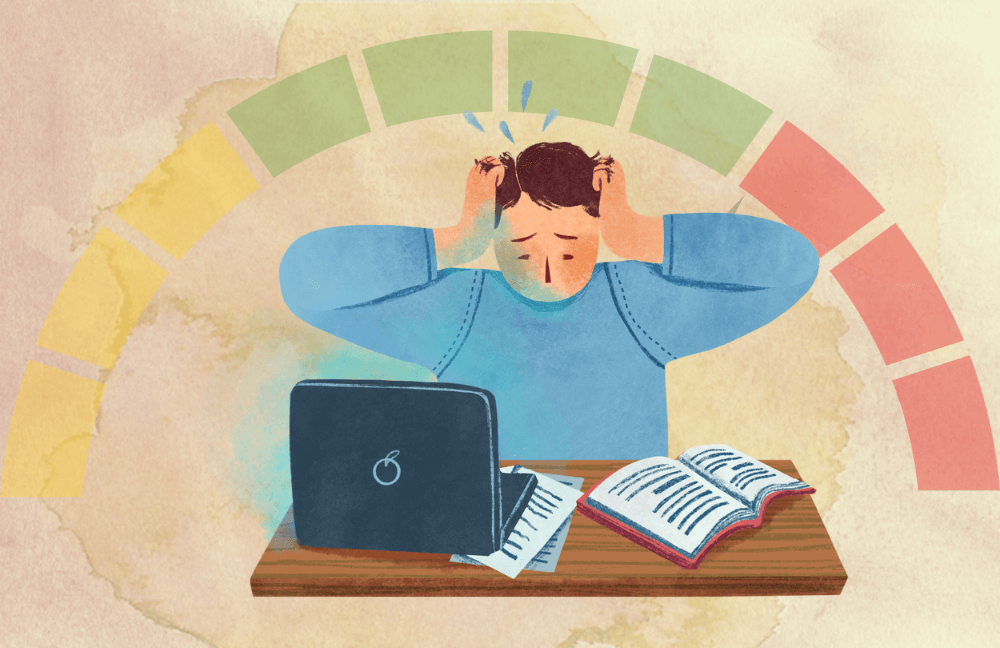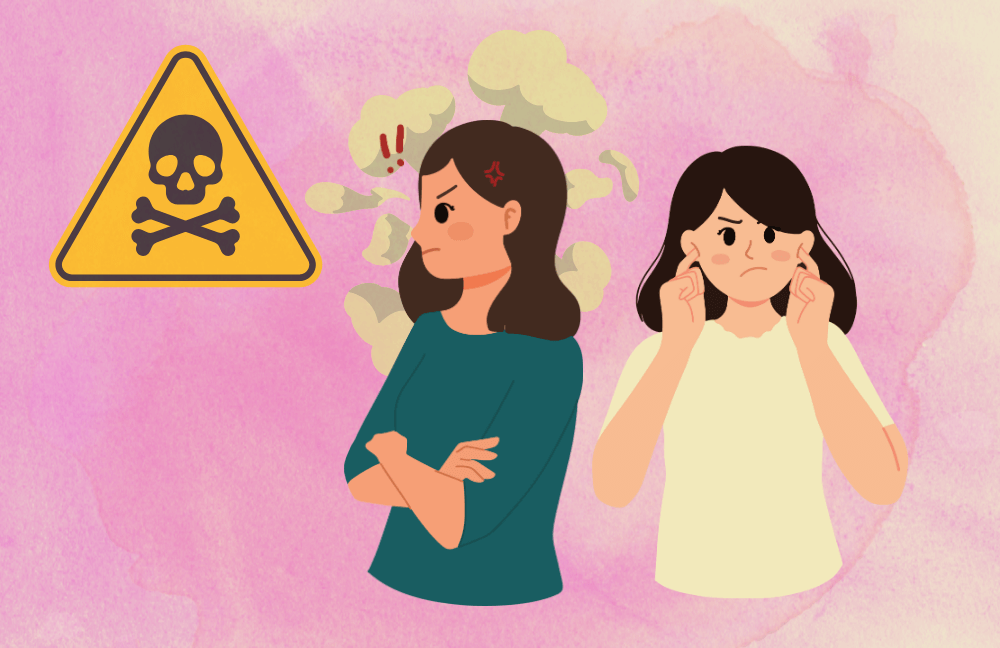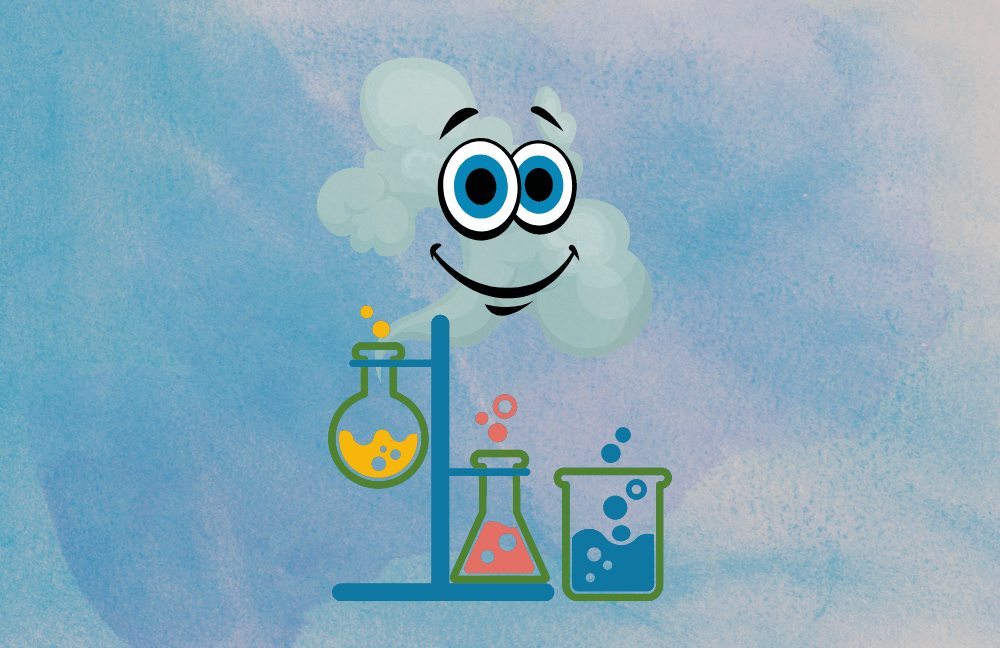Dual Sex Therapy (DST)
What is Dual Sex Therapy (DST)?
Dual sex therapy (DST) is a method of working with couples instead of individuals, in order to resolve their intimacy problems. There is no such thing as an uninvolved partner when it’s about committed relationships. One partner may not be the cause of the problem, but is always affected by it nonetheless.
That is why the Masters and Johnson Dual Sex Therapy model is effective for couples. It incorporates self-awareness, problem identification, self-disclosure, blame avoidance and systematic action planning in order to improve performance, and sustain orgasm and satisfaction. This is a rapid and intensive approach to treating sexual problems. The couple is usually seen at short regular intervals, sometimes even every other day in order to challenge sexual issues and the coexisting anxiety. Different therapy approaches contribute to the final intimacy and relationship outcomes for the couple.
Cognitive Therapy (CT)
Behavior Therapy (BT)
Rational Emotive Therapy (REBT)
This helps to sort differences in the partners’ emotions and make them more accepting of each other’s’ traits and preferences
Transactional Analysis (TA)
Sensate Focus
Sex Therapy
Principles of DST
Even though emphasized that intercourse and sensuality are natural and instinctive, there are rules and guidelines that can mend broken connections. In this light, DST is a form of behavior modification (of sexual behavior). Impaired satisfaction from intercourse stems from perceived inadequacies, emotional distractions and deep-rooted anxieties. These may cause fears to become a conditioned, hence fear of performance gets learned, practiced and reinforced. These faulty styles have to hence be unlearned, and appropriate techniques relearned. A willingness to identify the deep-seated troubles, accept it and take deliberate steps is the premise of all DST methods.

Process of Sex Therapy
Salient Facts About Dual Sex Therapy
Sex is Natural
Have No Pressure to Perform
Avoid the Blame Game
Don’t Make It a Big Deal
Dr Shefali Batra: Reframing Sexuality
Sex is a basic human need and essential for holistic wellness. Passion drives all humans. That is why understanding sexuality, its requisites and interpersonal preferences is essential to attain fulfilling sexual experiences. Communication between both partners and their degree of compatibility makes a huge difference in their sexual satisfaction.
Sexuality is a matter of deliberate practicality in choices. A blend of the desire to please and willingness to satisfy; over and above the wish to experience pleasure, drives sensual passion. Sex therapy is aimed at increasing personal and interpersonal awareness of self as well as the partner’s needs. We encourage each participant to focus on the sensual experience rather than physical satisfaction as the sole goal of a sexual encounter. Denial of the problem will not make it go away. Therapy will enrich you, as well as your relationship. Seek therapy now.
In her interviews with the digital magazine DailyO, Dr Shefali discussed Frequency of Sexuality. as well as the Art of Raunchy Sexual Conversations. Femina discussed Sex Therapy with Dr Shefali Batra, highlighting erogenous zones in the body and how to stimulate them for a better sexual experience.




References
- Hawton, K., (1995). Treatment of sexual dysfunctions by sex therapy and other approaches. Br J Psychiatry;167(3):307-14.
- Brady, J. P., (1976). Behavior therapy and sex therapy. Am J Psychiatry;133(8):896-9.
- Master, W. H., Johnson, V. E., (1976). Principles of the new sex therapy. Am J Psychiatry;133(5):548-5
Latest Posts

7 Reasons Why You Should Seek Therapy

7 Questions About Workplace Stress Answered

5 Ways To Deal With A Toxic Coworker

Insecurity Plaguing Your Relationships? Discover Why


